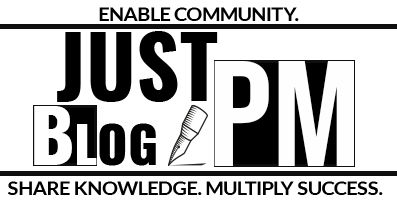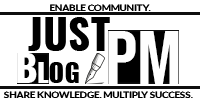Developing a cost management plan is a pivotal thread in the intricate tapestry of project management. It’s not a linear journey but a dynamic process, often marked by iterations and influenced by various project facets.
Essential Details:
- Iterative Nature: Cost estimation, budget creation, and cost control aren’t standalone phases. They’re interwoven, often requiring revisits to refine and finalize numbers.
- Scope Definition: The bedrock of cost management. It outlines the project’s boundaries, influencing decisions on materials, activities, and resource costs.
- Estimation & Budgeting: For smaller projects, these might merge into one. However, they’re distinct in most scenarios, each employing unique tools and techniques.
- Cost Management Plan Components:
- Formats & Criteria: Defines the structure for planning, estimating, budgeting, and controlling costs.
- Details to Document: Includes accuracy levels, measurement units, organizational procedure links, control thresholds, performance measurement rules, reporting formats, and process descriptions.
- Units of Measure: Specifies the metric, staff hours, days, or other relevant units.
- Control Thresholds: Determines significant cost variations, prompting necessary actions when exceeded.
- Processes & Their Elements:
- Estimating Process:
- Inputs: Scope baseline, project schedule, human resources plan, risk register, etc.
- Tools & Techniques: Expert judgment, analogous, parametric, bottom-up estimates, reserve analysis, etc.
- Outputs: Activity cost estimates, the basis of estimates, and project document updates.
- Budgeting Process:
- Inputs: A project schedule, resource calendars, contracts, and organizational process estimates.
- Tools & Techniques: Cost aggregation, reserve analysis, historical relationships, and funding limit reconciliation.
- Outputs: Cost performance baseline and project funding requirements.
- Cost Control:
- Inputs: Project management plan, funding requirement, work performance information, and organizational process assets.
- Tools & Techniques: Earned value management, forecasting, TCPI, performance reviews, variance analysis, and project management software.
- Outputs: Work performance measurements, budget forecasts, change requests, and document updates.
- Estimating Process:
Wrap-Up:
Crafting a cost management plan is intricate, demanding a holistic view of the project’s landscape. It’s not just about numbers but understanding the interplay of various processes and their implications. As project managers, it’s imperative to consider stakeholder perspectives and the long-term ramifications of decisions, ensuring that short-term savings don’t inflate long-term costs.


